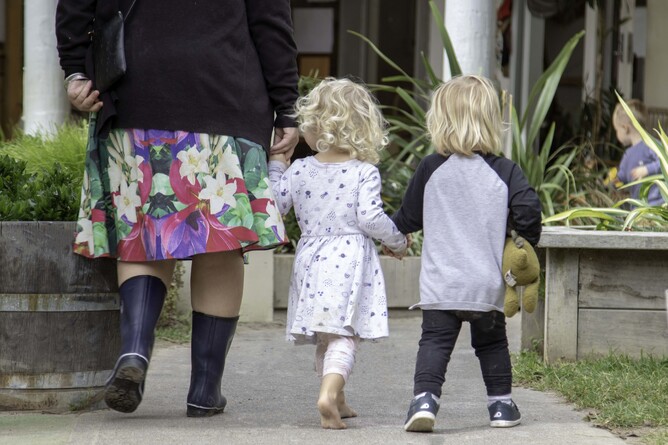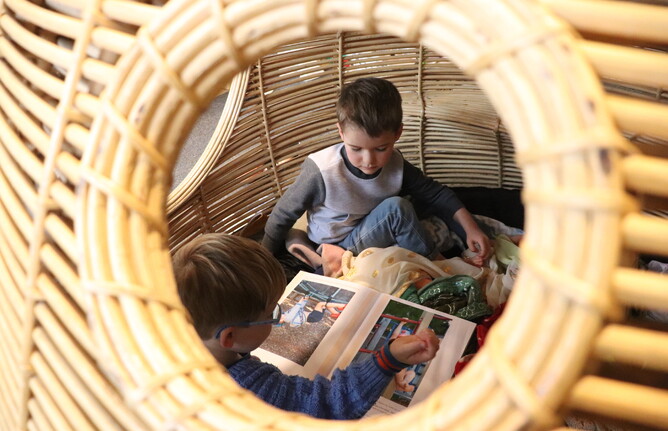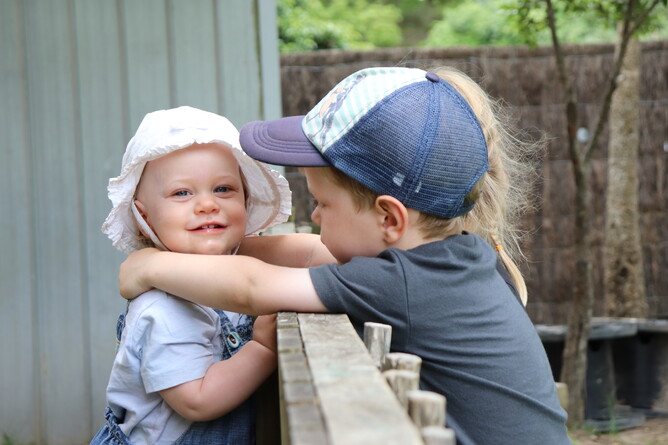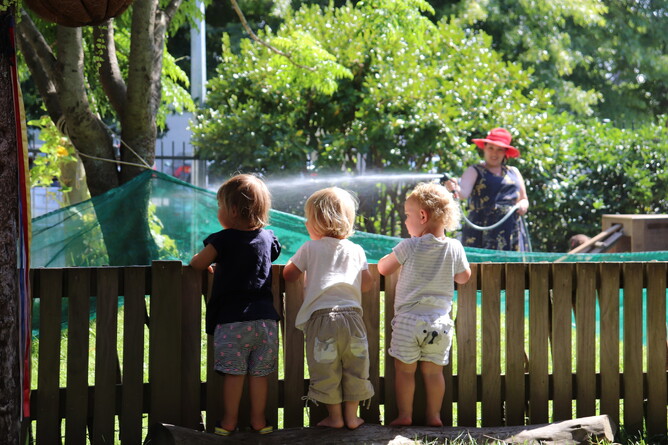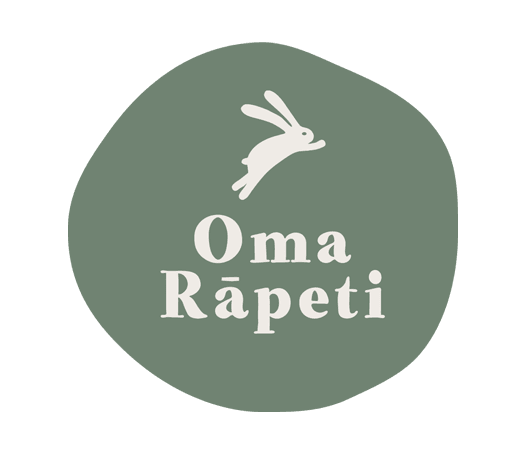Following the tragedy of Christchurch Mosque Shootings (15/03/2019), as a team we reminded ourselves what we were doing here at Oma Rāpeti for our youngest members of society, who are in their most formative years of learning. We can't change the tragedy of Christchurch, but we can do our absolute best to ensure our children are nurtured within a culture of kindness going forward.
Nathan Mikaere-Wallis, renowned neuroscience educator speaks often around the topic of how love grows brains, which is a concept we follow closely here at Oma Rāpeti. Having love for each other with respectful communication and trusting relationships gives us the base to encourage our children to have the same.
In this blog, we will explore what a "culture of kindness" really means and how this can play out here during the day to day.
What does a "culture of kindness" mean?
Culture is defined by the characteristics and nature of a particular group of people. A quick google shows definitions such as "the way of life" and talks of being intergenerational. If a person grows and develops through their early years with the expectation of kindness, not only can that shape their lives but their own families in the future.
What is kindness? Kindness comes in all sorts of shapes and sizes. The Cambridge dictionary speaks of acts of generosity, being helpful and caring of others. We think it goes further than this. It is opening your eyes to others suffering. Celebrating others successes with whole-hearted enthusiasm. Kindness is taking care of yourself - giving yourself time to breathe and feel. It is taking care of others and our environment.
We, as teachers and carers, have the chance to help shape and develop a person's culture of kindness.
What does that look like within Oma Rāpeti?
There are so many ways throughout of day that we role model a culture of kindness.
As teachers, no matter what background a child comes from, their religion, their skin colour, none of these things really change the core values of how we teach.
One child will see a friend who is hurt, and will run off to get an ice pack without prompting because they know that this is one of the right things to do.
Another child will see that someone is upset, and will go to them, saying that they’re there to check in, and asking if there’s anything they can do to help.
It could be finding some quiet time with a friend to check in.
It might be checking in on our new friends starting and asking them to play. It may be fostering the relationship between young and older children. In our mixed Meadow play space (from two-year-olds up) there are great chances for social competency to span these age groups.
It could be two teachers role modelling a situation, such as someone having been accidentally hurt.
This new generation of tamariki are being shown that their emotions are okay and how to cope with them. Using language such as "I can see you are feeling really sad!" or "I would be upset as well, if I had tripped over".
As a team we try not to hide when we’re upset, rather we explain in an age appropriate way why; and in doing so role model appropriate ways to deal with our own emotions.
Sibling and family relationships are nourished and treasured here within Oma Rāpeti. Often we have siblings within our larger Meadow space together or invite them to connect throughout the day if they are in different rooms.
Fostering friendships starts from day one at our centre. Children often transition from The Burrow space (under two-year-olds) to The Meadow space (over two-year-olds) within their "cohort" or group of four to five children. This gives them the security of having their peers around them.
How can you start a culture of kindness?
It always takes someone to start a movement, or perhaps reinforcement of a movement that exists. It takes someone to stand up and say actually, that isn't OK. Perhaps in a teaching or centre situation it is role modelling getting down to the child's level and telling them that their emotions and feelings are OK and are completely justified.
Let’s face it. Emotions can be hard, even when you’re an adult and have the language and understanding of what these emotions are and how you can work through them. Or, perhaps, you don't feel like you have the ability to process and name those emotions? Maybe it is a skill set that you wished you were able to practice from a young age.
Kindness, the universal language where one person says to another, I’m here. I can help. No matter what language we speak, what religion (if any) that we follow, where in the world we come from; kindness is universal, and in our opinion, should be universally taught as the way that we can help the world move forward and grow.
Ngā mihi,
The Oma Rāpeti Team x

